Courses Taught by Eduardo Villamor
EPID604: Applications Of Epidemiology
- Graduate level
- Residential
- Fall, Winter, Spring, Spring-Summer, Summer term(s) for residential students;
- 1-6 credit hour(s) for residential students;
- Instructor(s): Ella August, James Buskiewicz, Sara Adar, Matthew Boulton, Andrew Brouwer, Melissa Beck, Kelly Bakulski, Miatta Buxton, Joseph Eisenberg, Marisa Eisenberg, Nancy Fleischer, Betsy Foxman, Aubree Gordon, Alexis Handal, Jennifer Head, Jihyoun Jeon, Spruha Joshi, Sharon Kardia, Carrie Karvonen-Gutierrez, Lindsay Kobayashi, Peter Larson, Aleda Leis, Elizabeth Levin-Sparenberg, Lynda Lisabeth, Juan Marquez, Emily Martin, Briana Mezuk, Alison Mondul, Lewis Morgenstern, Belinda Needham, Marie O'Neill, Sung Kyun Park, C. Leigh Pearce, Laura Power, Alex Rickard, Jennifer Smith, Eduardo Villamor, Abram Wagner, Xin Wang, Douglas Wiebe, Zhenhua Yang, Jonathan Zelner, (Residential);
- Prerequisites: Instructor Permission
- Description: Application of epidemiological methods and concepts to analysis of data from epidemiological, clinical or laboratory studies. Introduction to independent research and scientific writing under faculty guidance.
- This course is cross-listed with .
- Syllabus for EPID604

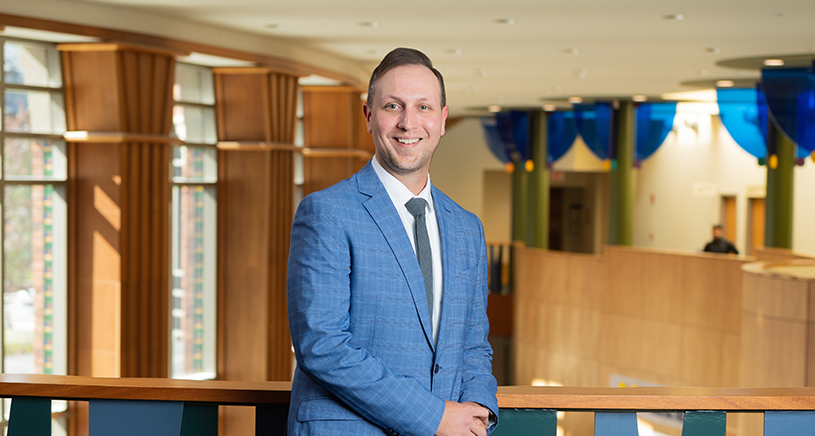



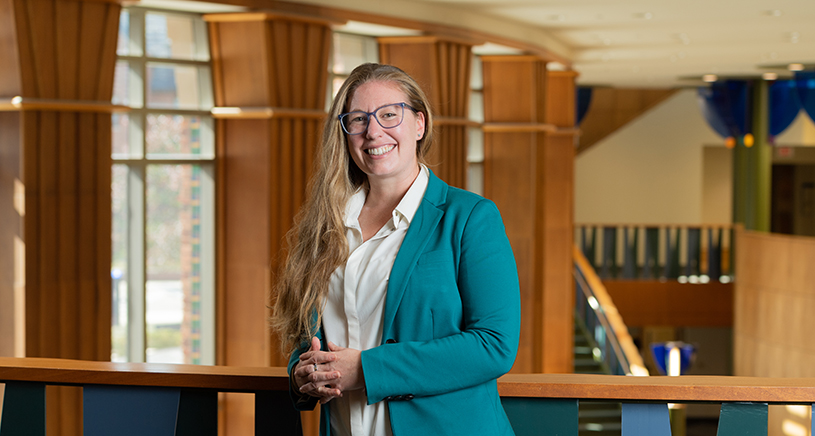











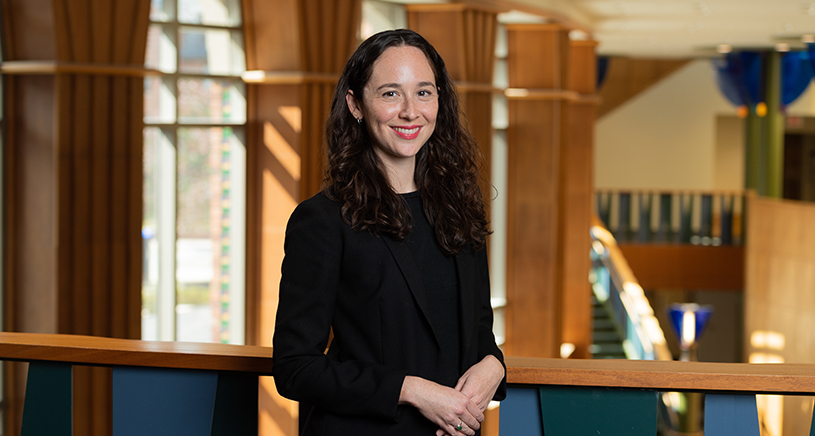
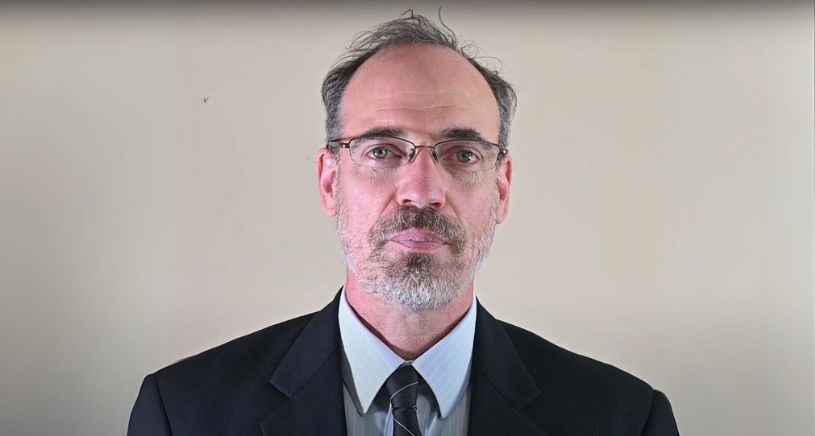


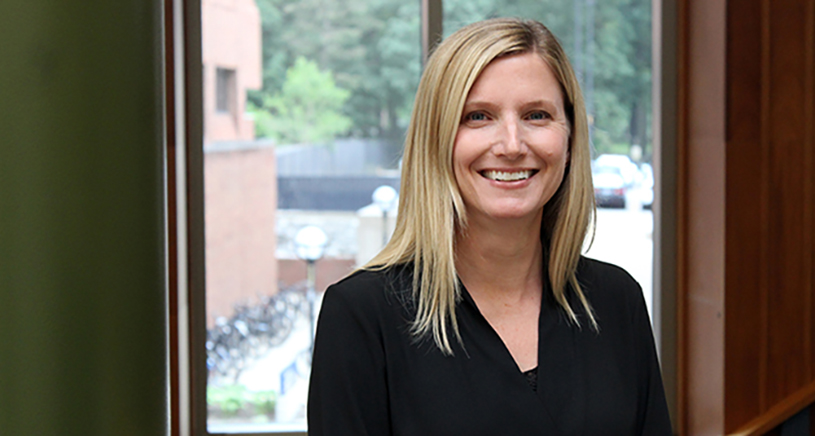
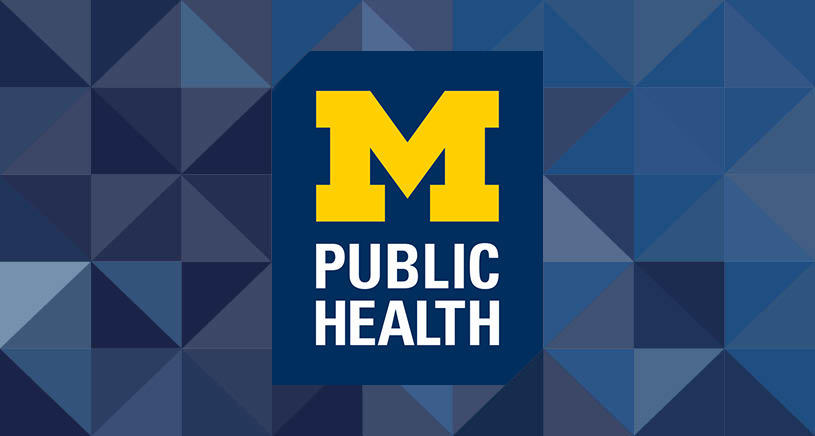




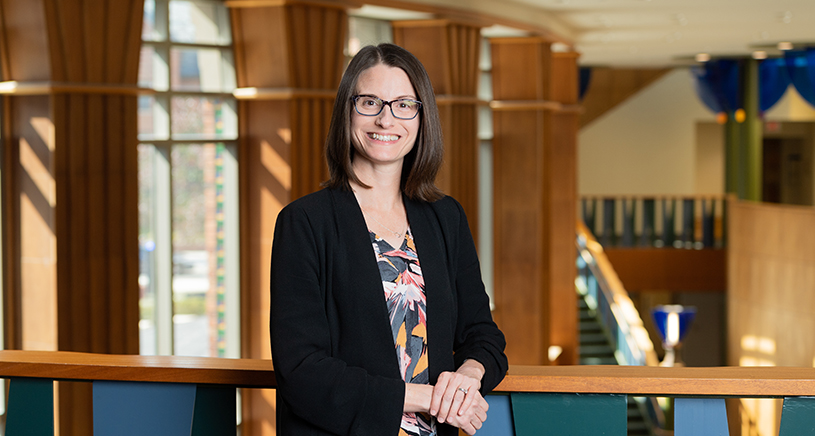








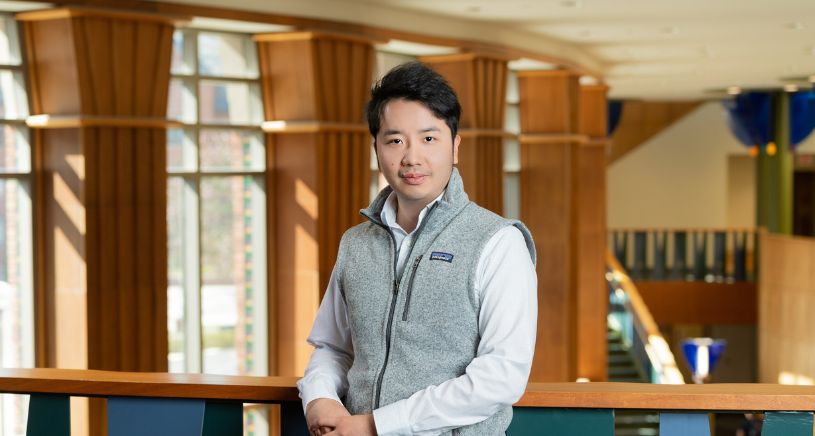



EPID673: Epidemiology of Developmental Origins of Health and Disease
- Graduate level
- Residential
- Fall term(s) for residential students;
- 3 credit hour(s) for residential students;
- Instructor(s): Eduardo Villamor (Residential);
- Prerequisites: BIOSTAT 521 and EPID 600
- Description: This course will survey both classic and emerging literature describing the DOHaD paradigm from an epidemiological perspective. The course will have a structured discussion format.
- Learning Objectives: Through analysis and discussion of research papers in the field, students will be able to: 1) Identify sources of bias in DOHaD research and anticipate their potential effects on estimates of association; 2) Weight evidence on DOHaD according to the relative methodological strength of epidemiological reports; 3) Distinguish strengths and limitations of family studies and randomized trials in DOHaD epidemiology; 4) Link indicators used in epidemiological studies with the underlying biological processes they intend to measure; 5) Integrate evidence from different sources into conceptual frames on DOHaD topics; 6) Understand different strategies for analysis of epidemiological data in DOHaD research. In addition, this course will cover the following learning objective from the Council on Education for Public Health (CEPH): LO3. Explain the role of quantitative and qualitative methods and sciences in describing and assessing a population's health.
- Syllabus for EPID673

EPID686: Causal Inference In Epidemiology
- Graduate level
- Residential
- Winter term(s) for residential students;
- 3 credit hour(s) for residential students;
- Instructor(s): Eduardo Villamor (Residential);
- Prerequisites: EPID 601
- Description: This course introduces students to modern causal inference concepts applied to epidemiology, primarily based on the potential outcomes paradigm
- Learning Objectives: This course will help students: 1) Recognize the evolution of causal thinking in epidemiology. 2) Become familiar with concepts involving individual vs. average causal effects, counterfactuals, and causal contrasts. 3) Learn the assumptions required to identify causal effects. 4) Formulate causal questions using causal diagrams. 5) Understand sources and effects of bias including confounding, selection, misclassification within a potential outcomes frame. 6) Appreciate the principles underlying approaches to management of bias at the level of data analysis through G methods, including inverse probability weighting. In addition, the course addresses a CEPH-required foundational learning objective: • Explain the role of quantitative and qualitative methods and sciences in describing and assessing a population’s health.

EPID696: Pregnancy And Perinatal Epidemiology
- Graduate level
- Residential
- Winter term(s) for residential students;
- 3 credit hour(s) for residential students;
- Instructor(s): Eduardo Villamor (Residential);
- Prerequisites: EPID600 or PH512 or PhD standing
- Undergraduates are allowed to enroll in this course.
- Description: This course provides an overview of pregnancy and perinatal outcomes from an epidemiological perspective, including their burden, risk factors and consequences, and methodological challenges for their study at the population level.
- Learning Objectives: This course will help students: 1) Identify key physiological aspects of intrauterine development, birth, and the neonatal period. 2) Understand the role of common risk factors (e.g. parental age, socioeconomic status, smoking, obesity) for adverse pregnancy and perinatal outcomes. 3) Become familiar with the definition, burden, causes, and consequences of common adverse pregnancy and perinatal outcomes including diabetic and hypertensive disorders of pregnancy, miscarriage, fetal growth restriction, preterm birth, stillbirth and infant mortality, birth defects, and maternal mortality. 4) Recognize the methodological approaches and challenges specific to the study of pregnancy and perinatal outcomes at the population level.

EPID707: Nutritional Epidemiology
- Graduate level
- Residential
- Summer term(s) for residential students;
- 1 credit hour(s) for residential students;
- Instructor(s): Eduardo Villamor (Residential);
- Prerequisites: EPID 701 or EPID 503 or EPID 600 or EPID 601 AND EPID 709 or BIOSTAT 501 or BIOSTAT 521
- Description: This course focuses on the design, analysis, and interpretation of epidemiologic studies addressing diet and health. The course will provide quantitative practical skills to deal with methodological issues around dietary assessment methods, sources of variation in the diet, energy intake, measurement error, anthropometry and body composition, and biomarkers of intake.

